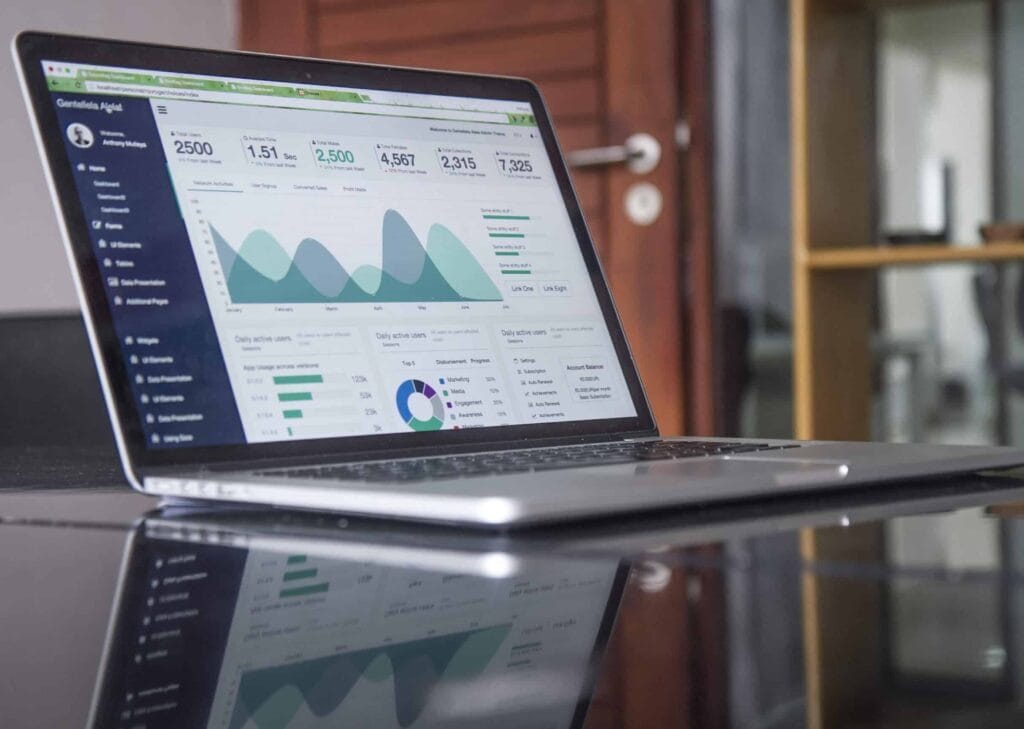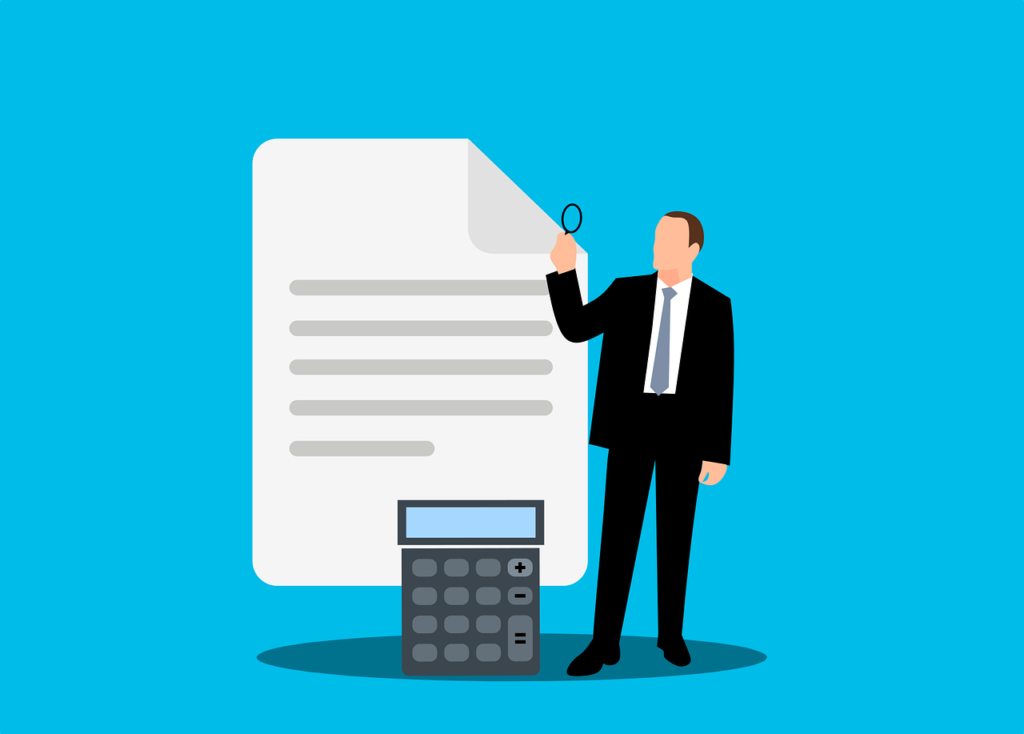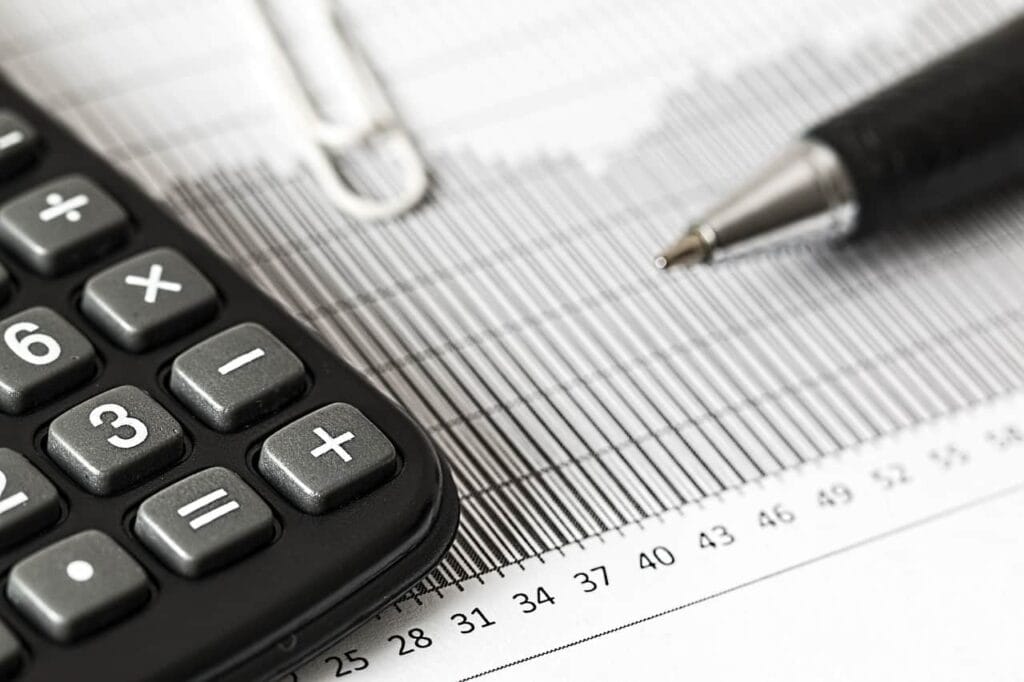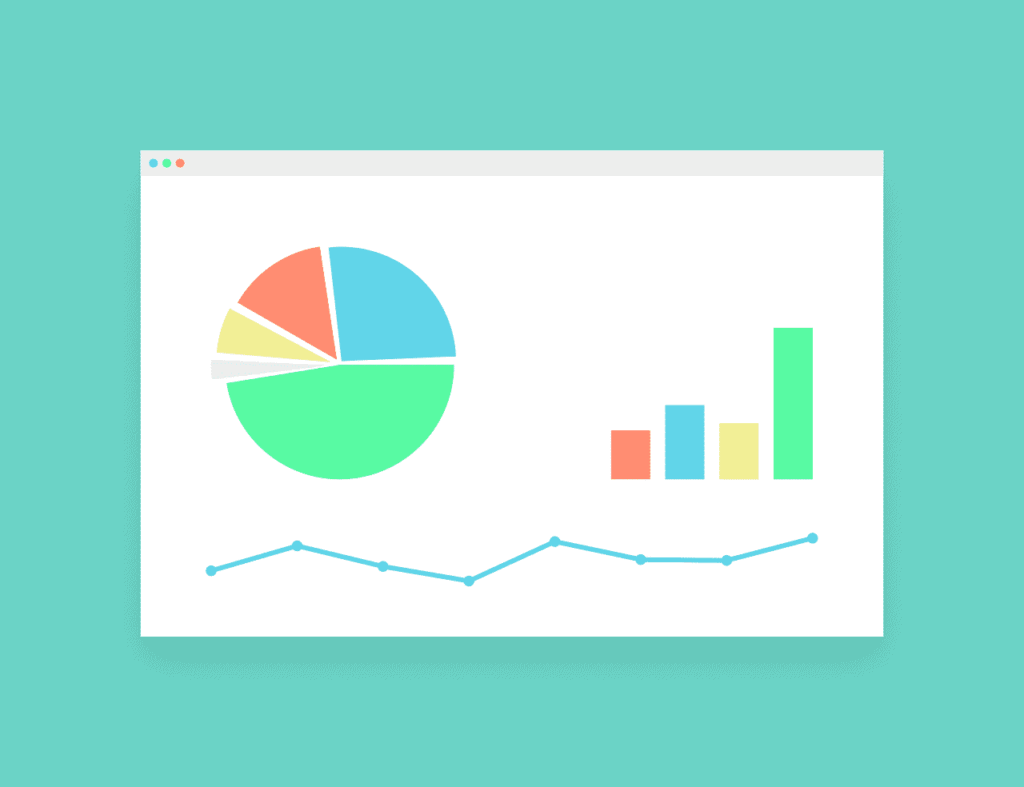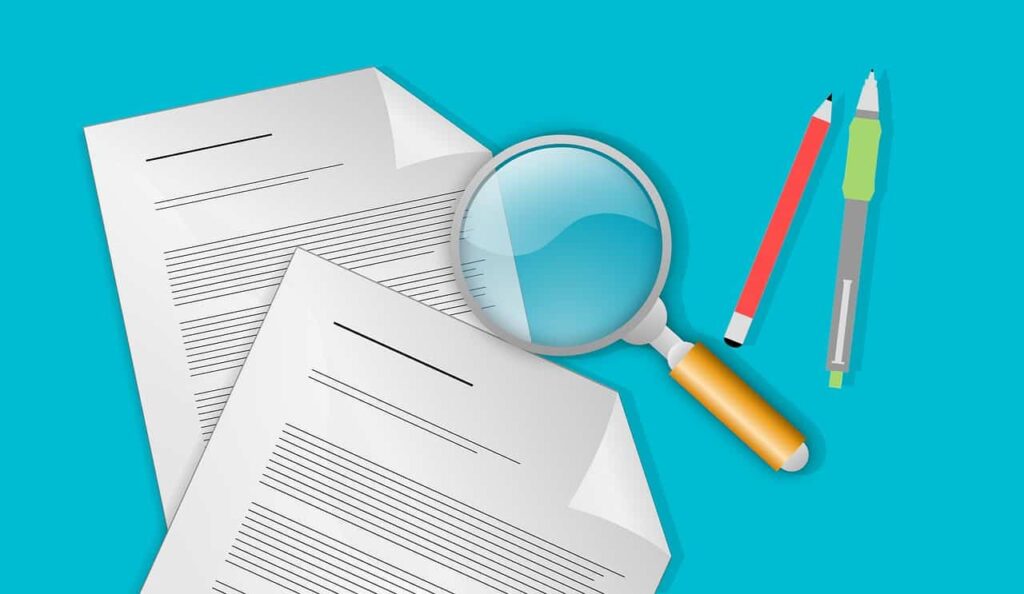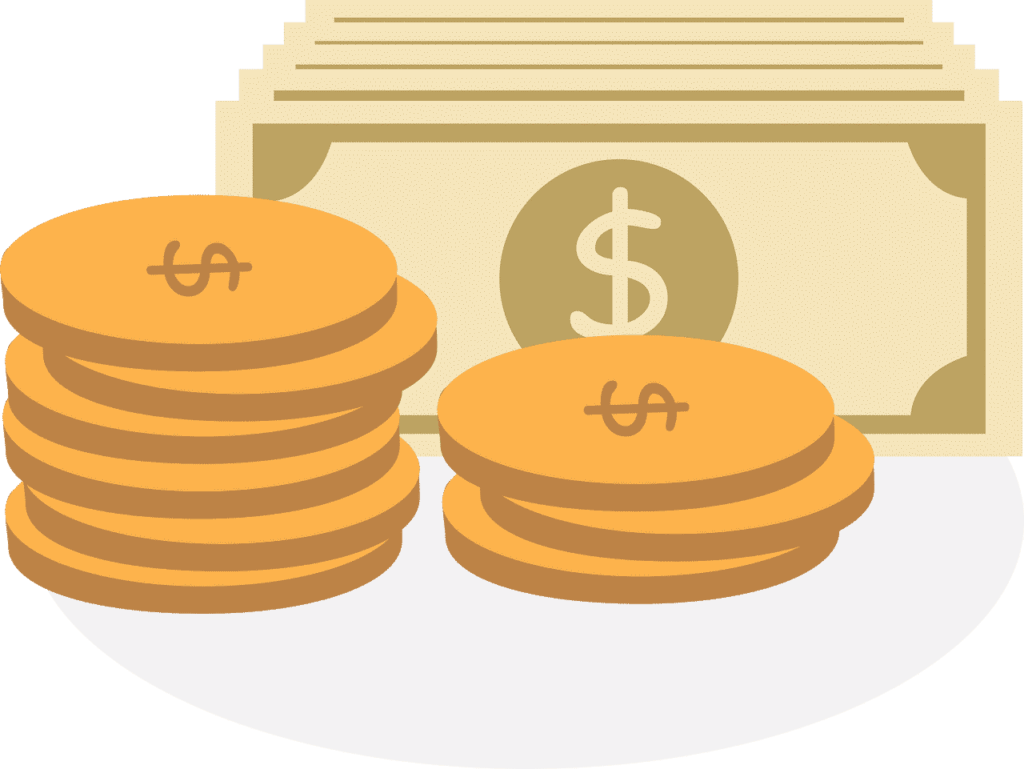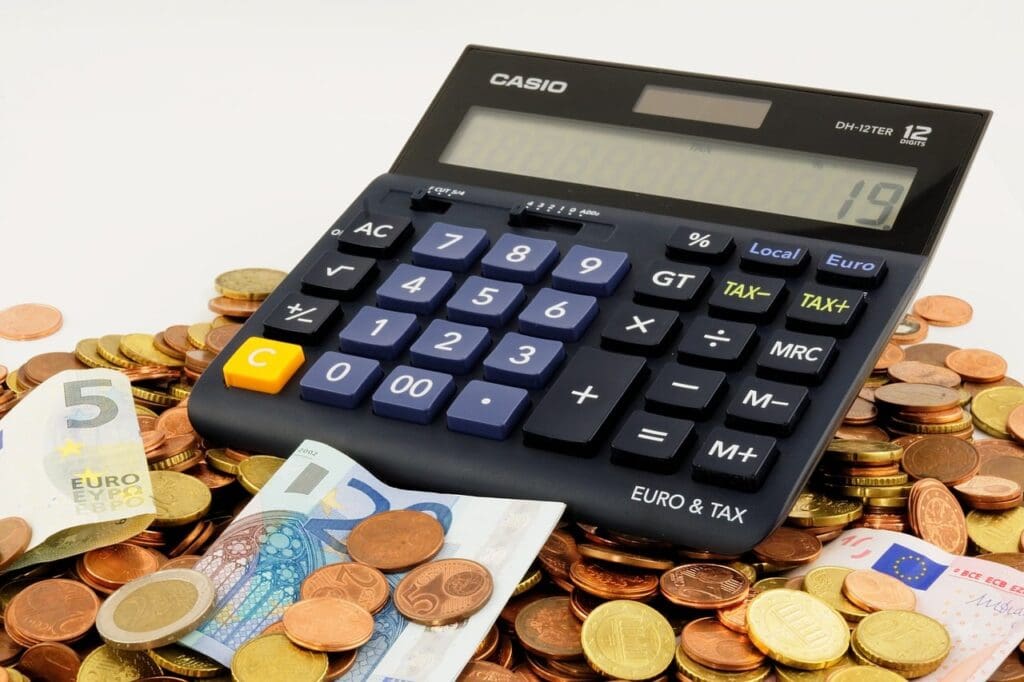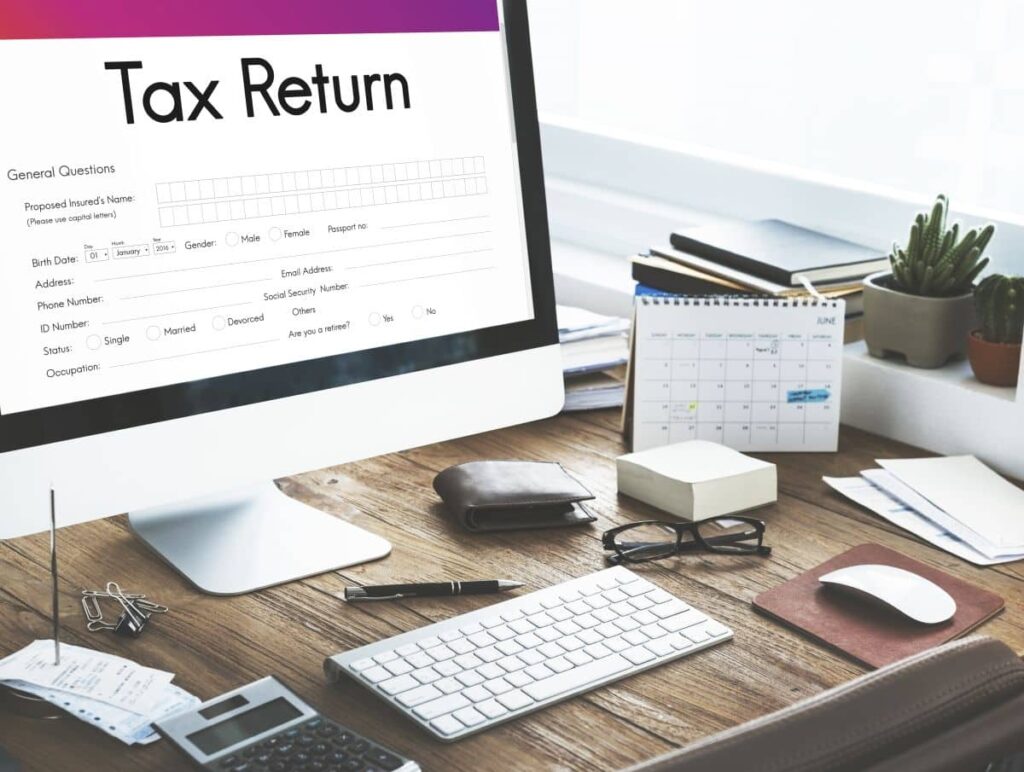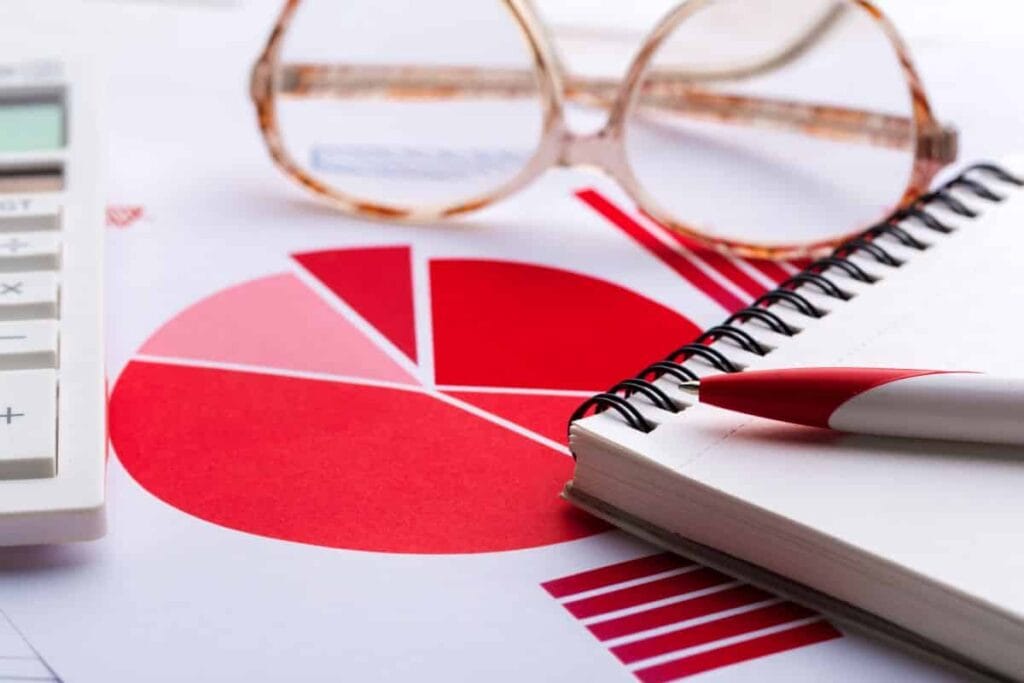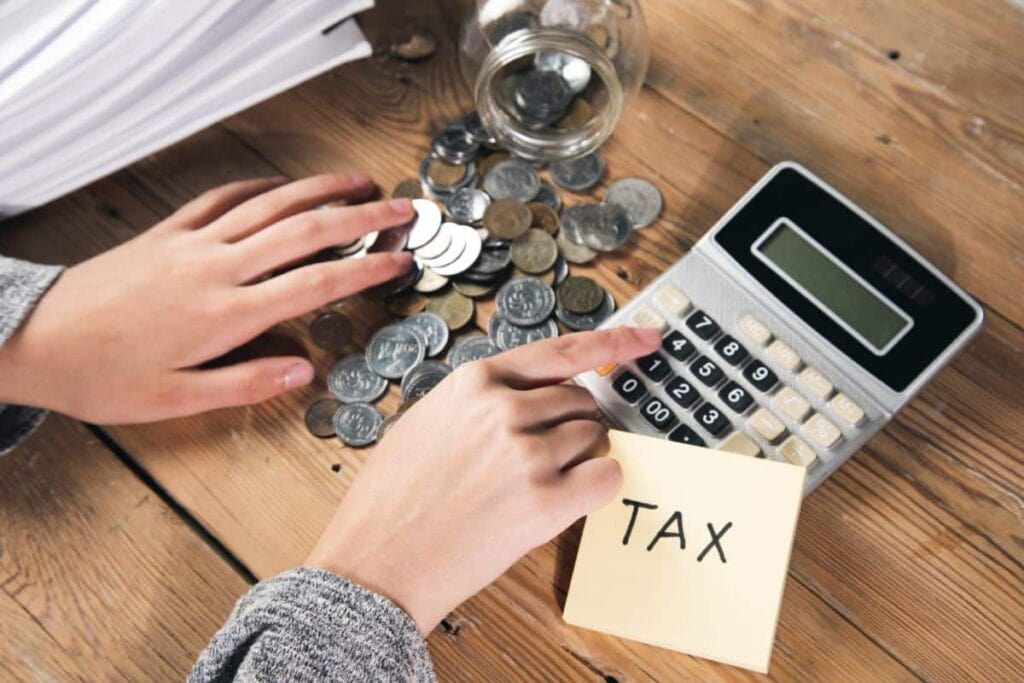Tax Tips for Uber Drivers
Uber has swept Australia as a fantastic method to supplement one’s income. However, unless you do it correctly, you may face major Uber tax issues.
Uber is a unique, flexible way for practically anyone with a reliable automobile to supplement their income. However, there are certain key factors to consider while managing your taxes.
Any income made in a particular financial year must be reported to the ATO by lodging an Income Tax Return by the 31st of October following the end of that financial year.
The Tax Office offers advice on how much you should declare, but if you’re not sure what figure they recommend, it’s best to be safe and over-declare rather than under-declare.
What’s the deal with Uber and GST?
In addition to the tax you pay on your Uber earnings, drivers must also submit the GST part of their fares to the ATO.
As a result, Uber drivers should do the following right away:
- GST registration and payment on fares
- BAS statements should be filed quarterly
If you don’t do this, you’re inviting difficulty with the ATO, and Uber is unlikely to assist you in resolving your ATO issues — it’s not like the State Transport fines that Uber occasionally covers.
How can I pay the Uber tax to the ATO?
If you work as an Uber driver, you must record your earnings on your tax return for the fiscal year.
Here’s a word of caution: don’t spend all of your Uber money.
It’s critical to saving a significant amount of your Uber earnings, especially if you drive for Uber in addition to other work.
Why? Because your Uber driving increases your income, it also increases your tax bill. It can be a nasty surprise at tax time if you don’t save for it. During your first year as an Uber driver, you should set aside at least 30%, if not 40%, of your earnings.
A business activity statement will also be requested of you (BAS).
Do you need assistance estimating how much you should save? It’s not easy, so consult a tax professional. When in doubt, save a little extra; getting a tax refund is far nicer than finding out you owe money to the ATO.
The advantages of being an Uber driver in terms of taxes
As an Uber driver, you can claim a variety of tax benefits. When you drive for Uber, you can deduct a variety of work-related costs, including:
- Registration
- Insurance
- Repairs
- Tyres
- Vehicle upkeep
- Costs of car cleaning
You can also claim other expenses that are directly relevant to obtaining and functioning as an Uber driver, such as:
- Parking expenses connected to your job (keep receipts and add them up, or claim up to $200 per year for parking rates that are less than $10 apiece)
- Extra cleaning fees (car washes, carpet washes etc.)
- Passengers will receive mints and water.
- Mobile phone expenditures.
- Subscription prices for Spotify, Pandora, or Apple
- Stationery
Keep track of all Uber driving costs.
You must be cautious in order to claim any of the above-mentioned deductions. When it comes to claiming charges directly related to your automobile, just like any other work, you’ll need to keep a record.
You should also keep a logbook because of the number of kilometres you’ll be driving. This allows you to compute the portion of your car usage that is connected to work in a way that the ATO accepts. Then you can claim a variety of vehicle-related expenses correctly.
Deductions On Taxes For Uber Drivers

The first question that every ridesharing and food delivery driver has is, “What tax deductions can I claim as an Uber driver?”
Learn how Uber tax deductions operate, what you can claim on your Uber tax return, how to keep a logbook, what receipts you need, and more. This is everything Australian Uber drivers and food delivery drivers need to know about maximizing their tax deductions.
Car Deductions For Uber
The Logbook Method and the Cents Per Kilometre Method are the two ways available for claiming motor vehicle expenses. You can select the option that provides the largest tax deduction.
Let’s take a closer look at these two approaches.
The Logbook Approach
A logbook is used to show the ATO how much of your car is utilized for business vs personal use. If you keep a valid logbook, you can claim a portion of your vehicle’s operating costs, such as:
- fuel
- registration
- insurance
- costs of service, repairs, tyres, and other routine maintenance
- cleaning expenses
- depreciation on your car’s purchasing price (if you own your car)
- interest (if you have a loan on your car)
- Fees for rental/hire/lease (if you rent or lease your car)
You must have a valid logbook in order to claim these expenditures. Below, we’ll go over the prerequisites for a logbook in further depth.
A quick word about depreciation. Depreciation is generally claimed over several years, however, you may be qualified for the Small Business Instant Asset Write-Off instead.
The following are the records you’ll need to preserve for your automotive expenses:
- Fuel receipts are the most reliable form of proof, so keep an envelope in your glovebox to collect them. The ATO will accept bank statements as evidence if you don’t have receipts.
- Registration, insurance, servicing, repairs, tyres, upkeep, cleaning, and other charges will require receipts or bank records.
- Car washes – the ATO will accept a diary note or other handwritten note with the date and amount of your car wash if you don’t get a receipt. Keep a little notebook in your glovebox to jot down these ideas.
- Depreciation – To calculate depreciation, you’ll need your car’s tax invoice or purchase details.
- Interest – if you have a loan or finance, you’ll need to figure out how much interest you paid for the year (not loan repayments, just interest). If you don’t have this, you’ll need to provide us with your original loan documentation, which should include the loan amount, repayments, loan period, and interest rate.
- Lease Payments — If you lease your car, you can deduct the entire amount of your lease payments.
- You must have a valid logbook to claim all of the aforementioned expenses. Otherwise, your car expenses will be meaningless, and you’ll be forced to use the cents per kilometre method.
For your end-of-year tax return, the ATO will accept bank records; however, in order to claim GST back on your BASs, you must provide a tax invoice for all business expenses over $82.50.
Cents Per Kilometers Approach
If you don’t have a legitimate logbook, you’ll have to resort to the Cents per Kilometre Method.
You can claim 72 cents every kilometer up to 5,000 kilometers. A maximum tax deduction of $3,600 is available. (This tariff is effective for the 2021 fiscal year; previously, it was 68 cents per kilometre.) You do not need to keep detailed records of your miles.
Instead, you can construct a “fair estimate” based on your work habits, diary entries, Uber/company records, and so on. You can claim kilometres driven between trips as well as kilometres driven when transporting a passenger or performing a delivery. You can also claim kilometres between your house and your first journey, as well as between your last trip and your return home.
If you’ve been driving a lot, $3,600 could be a lot less than your actual automobile costs. This would result in a lesser tax deduction and a higher tax bill. Unless you are a very infrequent driver, we recommend that you keep a logbook so that you may claim all of your expenses.
Keeping An Uber Logbook
The following are the basic requirements for keeping a logbook:
- It has to last 12 weeks. It’s fine if the 12-week period extends past June 30th (e.g., keep your logbook from May-July). However, to count for the current year, you must begin before June 30th.
- You only need to enter one logbook entry per shift/session of Uber driving; individual deliveries are not required. You also don’t have to keep track of personal or non-business travel.
- At the start and end of each shift/driving session, you must note the date and odometer reading of your car.
- Start your logbook when you leave home, turn on your delivery app, and then pause or turn off the app when you return home. All of your kilometers to and from home, as well as your kilometers in between deliveries, can be included.
The Free DriveTax Uber Logbook Spreadsheet is the most convenient way to keep track of your kms because it automates all of the math and calculates your percentage for you. If you prefer a tangible journal, we recommend the Zions Pocket Logbook, which can be purchased for under $7 at Officeworks. It’s fine to use an app as long as you keep track of your odometer readings.
It’s worth noting that the kilometre logs Uber supplies you won’t suffice to satisfy the ATO’s logbook requirements because they don’t include your car’s odometer readings. They also don’t account for your kilometers between journeys, so you’ll lose out on tax benefits!
Other Uber Tax reductions
Other expenses related to ridesharing that will be tax-deductible include:
- Uber Service Fees – these are the fees deducted from your Uber fares; they are essentially Uber’s commission.
- Application expenses, medical exams, police checks, driving accreditation, driver training, and other fees
- Water, mints, newspapers, Kleenex, and other rider amenities
- Tolls — you can claim tolls both while on the road and between trips.
- Parking — if you don’t get a receipt and the total is less than $10, you can write a journal note instead, much as you did for vehicle washes.
- Cleaning Charges – You can claim the entire amount for individual passenger accidents, but you must apply your logbook percentage to general cleaning costs like car washes.
- High-visibility apparel, sunglasses, sunscreen and other safety equipment (though if you use them when not driving as well, you must specify a percentage of Uber use)
- Masks, hand sanitizer, and sanitation wipes are examples of sanitation and hygiene products.
- Dashcams, seat coverings, and phone holders are examples of equipment and accessories.
- Mobile Phone Bills – A portion of your mobile phone bill can be claimed.
- Expenses for your home office stationery, computer costs, and a percentage of your home internet bill
- Apps for Music
- Bank fees – but only if you have a dedicated Uber bank account.
- Fees for a tax agent or accountant
The following expenses are not tax-deductible:
- Clothing is an individual expenditure. Only safety apparel, such as high-visibility clothes or steel-toed boots, is tax-deductible.
- Deodorant, haircuts, and other personal hygiene items
- Personal Comfort or Health — driving for long periods of time is undoubtedly taxing on the body, but backrests, cushions, physiotherapists, massages, and other expenses related to your physical well-being or comfort are not deductible.
- You are not allowed to claim food or coffee for yourself.
- Penalties— even if they are related to Uber
- Driver’s License – a standard driver’s license is considered a personal expense.
If you’re not sure if certain expenses are deductible, retain the receipts anyhow and ask your accountant if they can be claimed at tax time.
If you’re a rideshare driver, bear in mind that some Uber and ridesharing expenses are tax-deductible but not on your BAS, and vice versa. Learn what costs you may claim on your Uber BAS in our Uber BAS Ultimate Guide.
Claiming GST On Your BAS
Assume you conduct rideshare driving in addition to filing your tax return at the end of the year. In that instance, you must file a Business Activity Statement (BAS) with the Australian Taxation Office (ATO) every quarter in order to pay GST on your Uber earnings.
GST credits can be used to offset your GST bill, exactly like tax deductions. However, there are certain distinctions between what you can claim and what receipts you must preserve.
Tax Issues for Uber Drivers: A Tax Guide
Uber has swept Australia as a fantastic method to supplement one’s income. However, unless you do it correctly, you may face major Uber tax issues.
Uber is a unique, flexible way for practically anyone with a reliable automobile to supplement their income. However, there are certain key factors to consider while managing your taxes.
If you start driving for Uber without preparing ahead, you might end yourself with an ATO tax burden in the hundreds, if not tens of thousands of dollars.
Don’t worry: a little forethought and organization
Learn About Uber Taxes And GST
You are not an employee when you drive for Uber. You’re an independent contractor. Here’s why: If you’re self-employed, you must ensure that your tax issues are properly managed. As a result, most Uber drivers should hire a tax advisor.
“All Uber partners are independent contractors thus, we do not withhold any taxes, and partners are solely responsible for their tax requirements,” the company says.
At a basic level, the ATO’s Uber tax implications are straightforward:
- If you drive for Uber and make money, you must include that money on your tax return.
- Even if you make less than the GST threshold of $75,000, you still have to sign up for GST as an Uber driver.
What’s the actual Deal With Uber And GST?
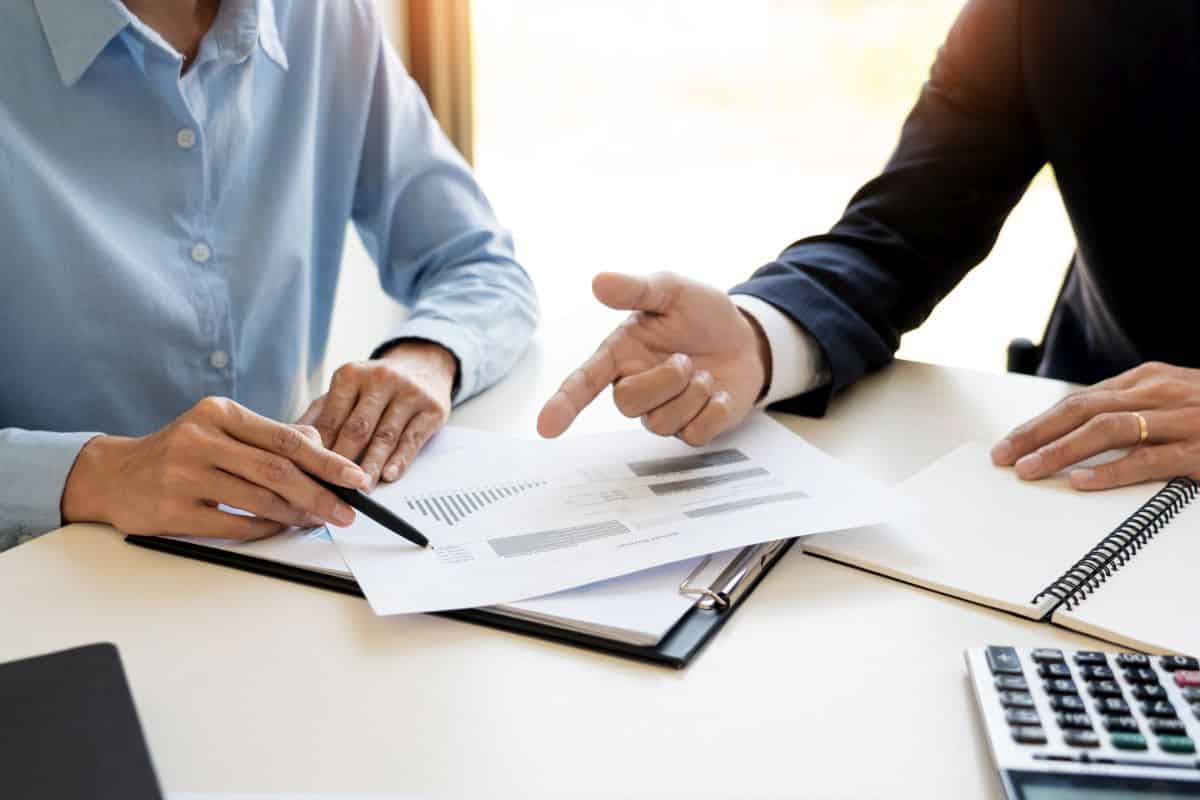
Drivers have to send the ATO the GST portion of their Uber fares in addition to the tax they pay on their driver income.
So, Uber drivers should do the following right from the start:
- Sign up for GST and pay GST on your fares.
- Send in a BAS statement every three months.
If you don’t do this, you’re asking for trouble with the ATO, and Uber probably won’t help you get out of it. It’s not like State Transport fines, which Uber sometimes pays for.
How Do I Pay The Uber Tax To The ATO?
If you work as an Uber driver, you must record your earnings on your tax return for the fiscal year.
Here’s a word of caution: don’t blow all of your Uber money.
It’s critical to save a significant amount of your Uber earnings, especially if you drive for Uber in addition to other work.
Why? Because your Uber driving increases your income, it also increases your tax bill. It can be a nasty surprise at tax time if you don’t save for it. As a result, you should set aside at least 30%, if not 40%, of your Uber earnings throughout your first year.
A business activity statement will also be requested of you (BAS).
Do you need assistance estimating how much you should save? It’s not easy, so consult a tax professional. When in doubt, save a little extra; getting a tax refund is far nicer than finding out you owe money to the ATO.
Being an Uber driver has tax advantages
As an Uber driver, you can get tax deductions in a number of ways. When you drive for Uber, you can deduct some of the following costs related to your job:
- Registrations\Insurances\Repairs
- Tyres
- Car supervision
- Costs of cleaning a car
You can also claim other costs that are directly related to becoming an Uber driver and working as one, such as:
- Parking costs related to work (keep your receipts and add them up, or you can get up to $200 a year for parking costs of less than $10 each).
- Extra costs for cleaning (car washes, carpet washes etc.)
- Passengers will get mints and water.
- Phone costs
- Subscription fees for Spotify, Pandora, or Apple that are important
- Stationery
Keep track of all the money you spend on Uber driving
You’ll need to be careful if you want to claim any of the above deductions. When it comes to claiming costs directly related to your car, you’ll need to keep a record just like you would for any other job.
And since you’ll be driving a lot of kilometers, you should keep a logbook. This lets you figure out how much of your car use is for work in a way that the ATO will accept. Then, you can claim a wide range of costs related to your car.
Some people wonder, “Can I just spend my extra money and not report it on my taxes?” eBay, Airbnb, and Uber are popular ways to make extra money.
The answer to that is very simple: Don’t do it!
As an Uber driver, what you do is very “out there” for everyone to see. The Uber app shows your name and license plate number. The ATO can easily figure out how much you really make from Uber. The ATO can even see your bank accounts if they want to.
The ATO will have no trouble finding Uber drivers who don’t report their income or who don’t report enough of it. People who try to hide their Uber income are likely to have to pay back a lot of taxes, pay fines, and pay interest. The ATO doesn’t mess around with things like this, and it doesn’t take them lightly.
Tell the ATO the truth and don’t hide anything. In the long run, you’ll be better off, and you’ll sleep well at night.
But if you want personalized Uber tax advice, talk to a tax agent, and make sure you follow the right steps to make sure everything is correct for the next tax season.




